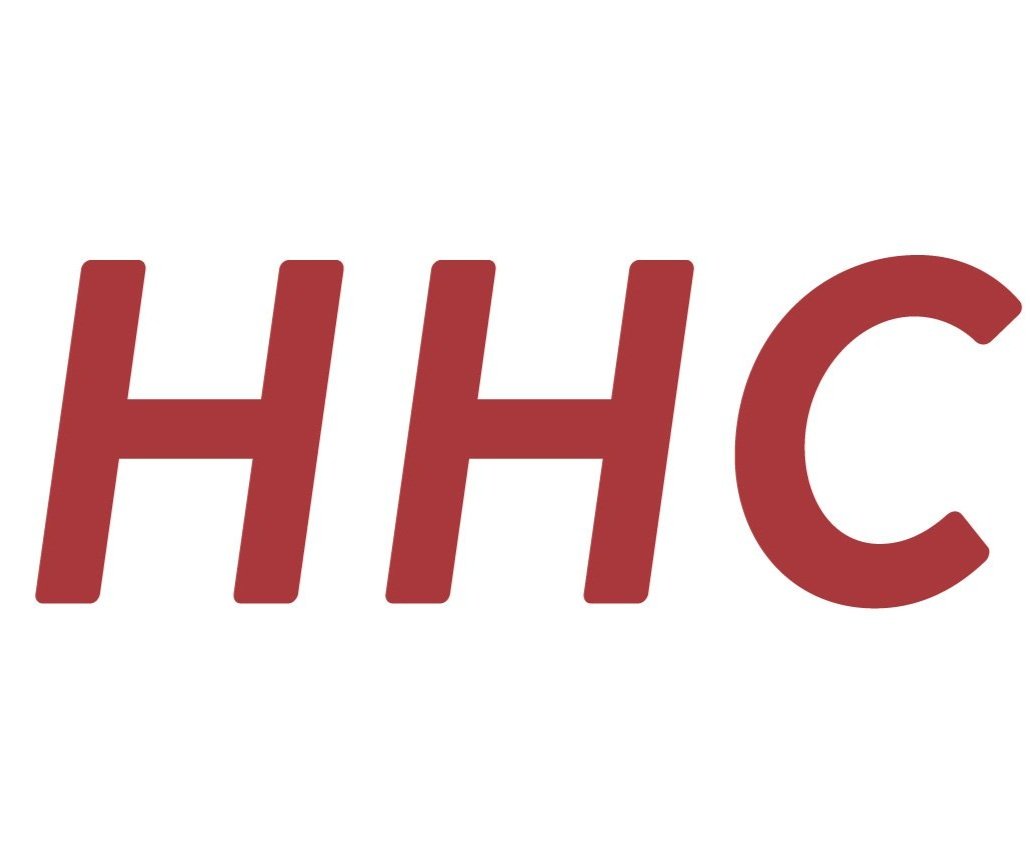Connecting People to Housing and Other Support
Case Study: Mobile Clinics
Background
Tyson is a male in his mid-fifties who has been intermittently homeless for six years, spending most of that time as a rough sleeper. He has suffered trauma, substance abuse, persistent insomnia, and infections exacerbated by the challenges of personal hygiene while living on the street.
My foot went gangrene. It wouldn't have gone gangrene if I had a house... if I hadn't been homeless I would have been showering more often, taking care of myself, washing my toes...
Across a three-year period (2015–2017), Tyson presented to the ED 24 times, had 30 general inpatient days and 27 psychiatric inpatient days. His costs for this period equated to $137,997.
Role of HHC
Tyson had not been engaged with any GP service prior to an RPH admission in mid-2017. During this admission, he was supported by HHC in-reach services as part of the RPH Homeless Team. Short-term backpacker accommodation was arranged post-discharge to help prevent reinfection. He was then linked with transitional accommodation at The Beacon. Tyson was then able to have regular GP appointments at the HHC mobile clinic run on-site at The Beacon, and this enabled diagnosis and management of his multiple health morbidities, including disease, peripheral vascular disease, type 2 diabetes, schizophrenia, IV drug use, osteomyelitis, hypothyroidism, amphetamine use, cellulitis, anxiety disorders, respiratory infections, insomnia, ulcers and issues with smoking cessation.
Current Health and Housing Situation
Tyson’s health has improved substantially since HHC has supported him and he has had only one short admission to RPH since July 2017. Following The Beacon, he moved to long-term community housing and continues to be supported by HHC.

